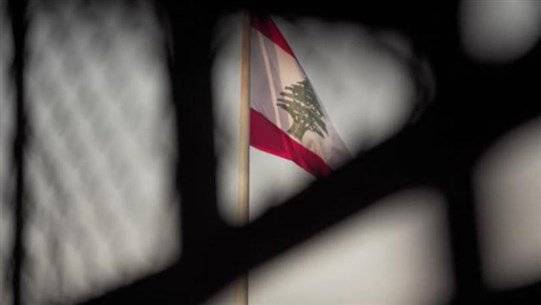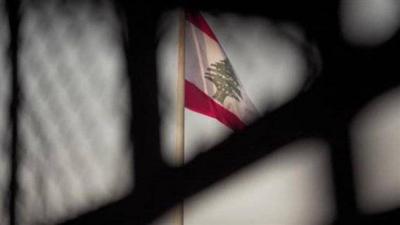Lebanon is held hostage by three critical deadlines shrouded in ambiguity and uncertainty: the government formation issue, the presidential election, and the border demarcation file. Amid political stagnation, the economic crisis is worsening, with the existing purchasing power of the Lebanese being absorbed by the approval of the customs dollar at a rate of 20,000 Lebanese pounds, alongside a new surge of the dollar in the parallel market hovering at around 33,000 pounds.
On the governmental front, the ministerial formation file remains suspended despite attempts to revive it last week during a meeting between President Michel Aoun and Prime Minister-designate Najib Mikati. Sources anticipate that communication will intensify at the start of the week due to numerous interpretations regarding the unconstitutionality of handing over the management of the country to a caretaker government if a presidential vacancy occurs.
With only ten days until the constitutional deadline for electing a new president, there is no indication that the Parliament will call for a presidential election before the end of September. Opposition sources link this to the issuance of decisions by the Constitutional Council regarding legislative appeals, expected next month, "which could alter the necessary parliamentary majority for electing a president."
While awaiting developments on these two files, discussions about resolving the border demarcation issue are dwindling. Secretary-General of Hezbollah Hassan Nasrallah has made escalatory remarks denying any connection between the signing of a nuclear agreement between Iran and Western powers and the demarcation file "either directly or indirectly." Nasrallah stated, "Whether the nuclear agreement is signed or not, if the Lebanese state is provided with what it demands, we are heading towards calm and peace. However, if the state is not given its demands, we are heading towards escalation."
Nasrallah called for continued efforts to form a fully empowered government, warning against the customs dollar increase without a realistic study. On the parliamentary front, after each political party defined the qualities they want in the future president amidst a resurgence of verbal confrontations between the Free Patriotic Movement and the Lebanese Forces, MPs from the Change Bloc held a retreat focused on various issues, with the presidential file taking up the majority of the discussion.
MP Mark Doua mentioned an initiative in this regard that will be announced in September, noting that there is no prior veto on dialogue with any party. He pointed out that Army Chief Joseph Aoun is not their choice for the presidency as change-makers since it would require a constitutional amendment, "and we are against any amendment at this time." Meanwhile, Zaim of the Marada Movement Sleiman Frangieh is also not an option at a rate of 99.99%, while Jibran Bassil is 100%. They will propose Michel Moawad and Niama Efram as names for discussion.
Concerning the Lebanese Forces' proposal to unify the opposition around a single candidate, Doua confirmed that as change MPs, they support the idea of the opposition coming together, but there is no agreement yet among change MPs regarding the positioning of the "Lebanese Forces," despite it being effectively the largest Christian bloc, not the Free Patriotic Movement.
**The Customs Dollar**
Financially, with the multitude of names or definitions for the dollar in Lebanon, another definition will be added to the lexicon of Lebanese people: the customs dollar, which the government proposed to set at 20,000 pounds after previously operating at 1,500 pounds. Economic sources consider that raising the customs dollar rate to 13 times constitutes a death knell for the economy, which is being circulated to introduce new revenues to the treasury, while production sectors ought to be activated, supported, and smuggling prevented, alongside the implementation of the state-funded McKinsey plan that has not been adhered to. According to these sources, the size of the illegal economy has reached 80%, while the legal economy does not exceed 20%.
Patrick Mardini, head of the Lebanese Institute for Market Studies, analyzed the repercussions of this decision, considering that raising the customs dollar at this rate will increase inflation, deepen recession, and weaken the citizens' purchasing power.




